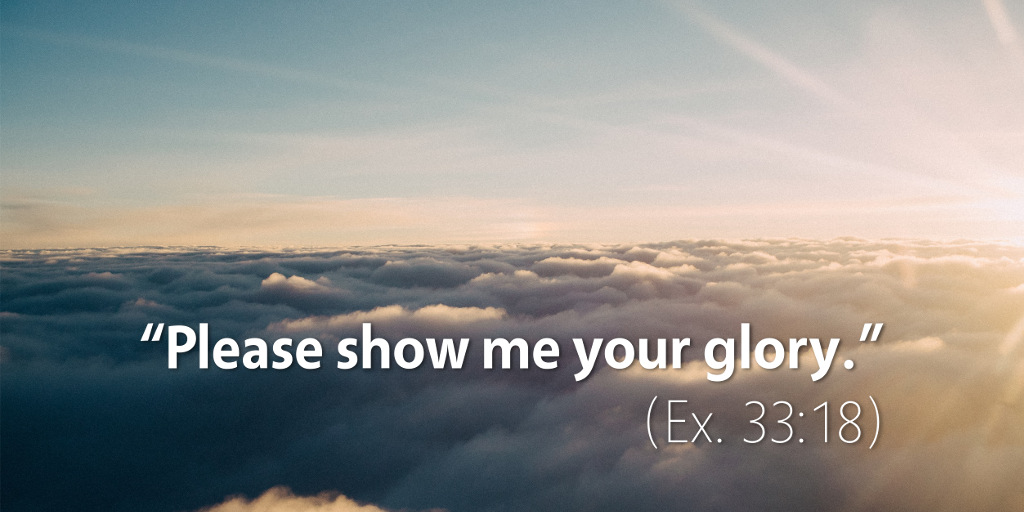Bible Readings for March 23rd
Exodus 34 | John 13 | Proverbs 10 | Ephesians 3
At the very end of Exodus 33, Moses had gone for broke. In the face of Yahweh’s threat to abandon Israel by withdrawing his own personal presence from their midst, Moses pleaded for Yahweh to go up to the Promised Land with them, and Yahweh had granted Moses’s request (Ex. 33:17). But then, Moses made another, greater request: “Please show me your glory” (Ex. 33:18). While Yahweh told Moses that no man could see his face and live, he nevertheless granted Moses’s request in part, agreeing to place Moses in the crevice of a rock to see the trailing part of his glory as Yahweh passed before him (Ex. 33:20–23).
So, what does the glory of Yahweh, the living God who created the heavens and the earth, look like? Fascinatingly, the description we are given of what Yahweh looks like isn’t visual, but creedal. Moses sees what Yahweh proclaims about his own character: “The LORD, the LORD, a God merciful and gracious, slow to anger, and abounding in steadfast love and faithfulness, keeping steadfast love for thousands, forgiving iniquity and transgression and sin, but who will by no means clear the guilty, visiting the iniquity of the fathers on the children and the children’s children, to the third and the fourth generation” (Ex. 34:6–7). What Moses saw was more than a really bright light—it was a description of the full, glorious character of Yahweh.
Two results came from this vision of Yahweh. First, the reward of revealing his glory to Moses came as a confirmation of the fact that God had heard Moses’s prayer, relented from his wrath, and decided to renew his covenant with Israel. Second, this encounter with the glory of Yahweh transformed Moses personally, so that his face shone, causing fear among the people of Israel. From that point, Moses wore a veil that he only removed when he went to speak with Yahweh in the Tent of Meeting, a precursor of the Tabernacle (Ex. 34:29–34; cf. 33:7–11).
But as great a mediator as Moses was in interceding to ask Yahweh to renew his covenant with Israel and remain in their midst, Moses was still not able to bring other Israelites with him into the Tent of Meeting. Today, we too have a mediator who speaks face-to-face with God the Father, interceding on our behalf in the heavenly temple—the Lord Jesus Christ (Rom. 8:34). Our mediator, however, has entered into the presence of his Father behind the veil, and by doing so he promises us that we too can enter into the holy places of God along with him.
Meditate on Hebrews 10:19, 22: “Therefore, brothers, since we have confidence to enter the holy places by the blood of Jesus…let us draw near with a true heart in full assurance of faith.”
Podcast: Play in new window | Download (5.1MB) | Embed
Subscribe: Apple Podcasts | RSS | More

Scripture quotations are from The Holy Bible, English Standard Version copyright © 2001 by Crossway Bibles, a division of Good News Publishers. Used by permission. All rights reserved.


